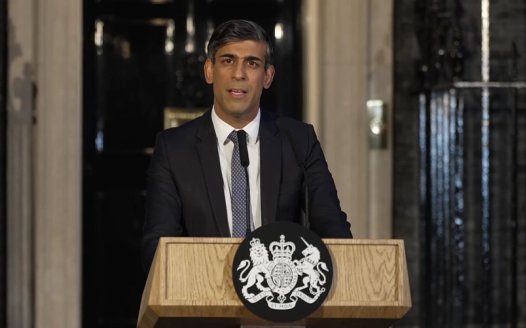Glasgow University investigates impact and extent of religious privilege
Posted: Fri, 14th Nov 2014
Researchers in the history and law departments of Glasgow University are beginning a research project to map the historical and current religious privileges in Scotland's laws. The report will look at many areas including education and marriage as well as religious exemptions to equality laws.
The 10 month project will be led by History professor Callum Brown and law professor Jane Mair along with Dr Thomas Green, a research assistant in the School of Law. Dr Green, who holds a PhD in ecclesiastical history from the University of Edinburgh's School of Divinity, will be carrying out much of the research. Dr Green told the Herald Scotland that such studies were previously carried out by ecclesiastical lawyers but that his research would be a 21st century version.
Professor Callum Brown, a social and cultural historian whose research interests include the social and cultural history of religion and secularisation, said that project would be the most complete guide to the role of religion in the Scottish state since the Victorian Age.
Professor Mair said that legal study of religion has long been seen as an historical rather than living subject and that contemporary legal systems were viewed as essentially secular. However recently "Driven by a combination of different and quite separate forces religion has re-emerged in law as a complex and highly contested concept."
Mair, who has written extensively on discrimination in employment and family law – including the implications of religious exemptions, said some of the rise in the interest could be attributed to, "the protection of religious thought and belief through human rights and equality legislation; by the strong sound of religious voices in public debate and political consultation and by the visible presence of migrant communities who wish to live according to their own religion."
Mair added that such issues are not only the subject of public debate but are increasingly being tested in courts: "With increasing regularity, judges are being faced with very difficult decisions: what is religion, how should it be defined and how, if it all, can or should it be distinguished from other forms of belief; to what extent should religious employees be permitted to wear the symbols of their belief at work; should civil courts take account of religious arbitration in resolving family disputes and how should religious beliefs be measured against the belief in equality?"
Humanist Society Scotland (HSS) chief executive Douglas McLellan told the Herald Scotland that he was "delighted that this opportunity has arisen. The HSS is investing £40,000 in this project to provide an exceptional level of research into the privileges enjoyed by religion in Scots law."
"The HSS believes that for Scotland to progress as a fair and equal nation, it needs to be a nation with no special laws, practises or exemptions for religions or religious organisations."
Professor Brown said: "We're interested in religious privilege, which is by and large now being eroded by human rights legislation from the EU, Westminster and Holyrood. Recent legislation has specifically sought to create an equality between those who have a religious belief and those who do not."
The National Secular Society said it was looking forward to reading the projects findings and expressed hope that it could lead to a renewed academic interest in studying religious privilege as a legal and social phenomenon, in the same way that other forms of privilege have been increasingly well studied over the last three decades.
The research, which covers all religions, was labelled 'anti-Christian propaganda' by Rev David Robertson, recently named as the new moderator of the Free Church of Scotland Robertson appeared to suggest that Professor Brown identifying as a humanist would inherently bias the academic study. A spokesperson for the University of Glasgow however welcomed the "area of legitimate research".
Alastair McBay, the National Secular Society's spokesperson for Scotland, said: "The study of privilege is well-respected and covered in countless university courses across Scotland. To object to such an academic study simply because the form of privilege under investigation is religious reflects a desperate desire to keep such privileges beyond question."
See also: A Religious Revival, an article by Jane Mair on why her research is an important area of legal interest.







